The phonetics and phonology program at UMass Amherst is distinguished by its integration of innovative theoretical work with a wide range of empirical research. Phonological theory, usually within the broad framework of Optimality Theory, is developed with typological data, in-depth analysis of individual languages, and experiments with native speakers. Research on learning develops computational theories that are tested on natural language data, and that are used to model data from child language acquisition and laboratory experiments. Research on prosody probes the nature of phonological grammar and interfaces with phonetics, syntax, and semantics. Phonetics research develops theories of speech perception using behavioral experiments, as well as eye-tracking and ERP methods. The phonetics and phonology faculty also conducts field research, on languages as diverse as African American English, Samoan, indigenous languages of Brazil and the Oto-Manguean languages of Mexico.
Faculty
| Michael Becker michael@linguist.umass.edu |  | Research interests: Phonology, computational and experimental morphophonology, fieldwork, Semitic |
| Gaja Jarosz jarosz@linguist.umass.edu |  | Research interests: Phonology, Learnability, Computational Modeling, Acquisition |
| John Kingston jkingston@linguist.umass.edu |  | Research interests: Phonetics, Phonology, Psycholinguistics |
| John McCarthy (University Provost) jmccarthy@linguist.umass.edu |  | Research interests: Morphology, Phonology, Semitic Languages |
| Joe Pater pater@linguist.umass.edu |  | Research interests: Phonological Theory and Learning, Computational and Experimental Methods |
| Lisa Selkirk (Emerita) selkirk@linguist.umass.edu |  | Research interests: Syntax-Phonology Interface, Prosodic Constituency and Tone, Information Structure and Intonation |
| Kristine Yu krisyu@linguist.umass.edu | 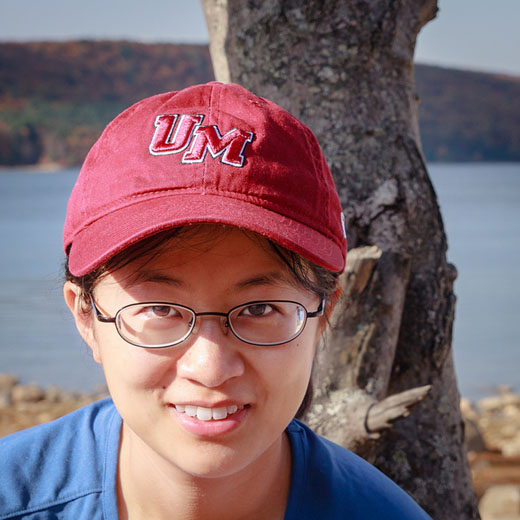 | Research interests: Prosody from the Speech Signal on Up, Phonetics, Phonology |
Graduate students
| Maggie Baird mbaird@umass.edu | 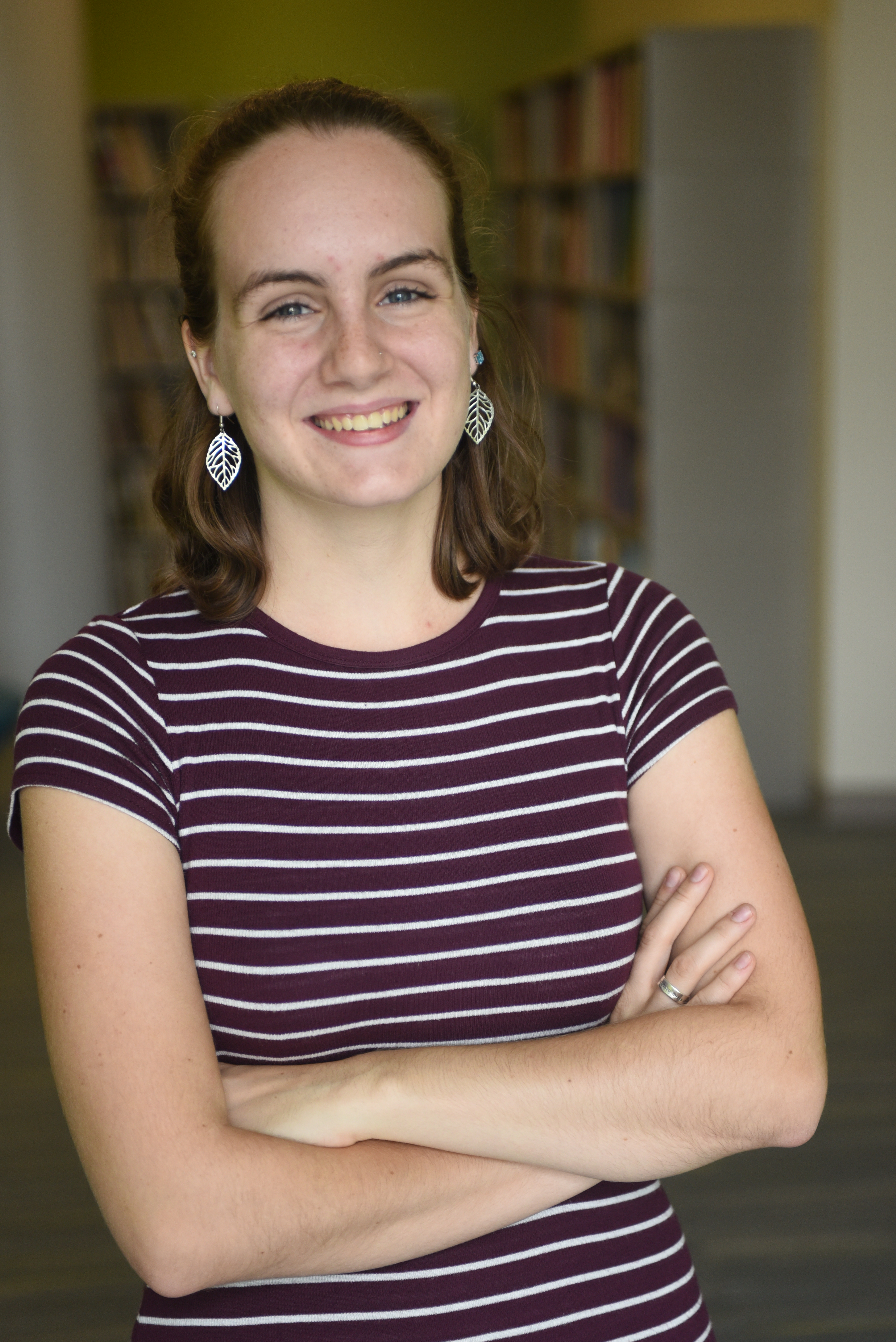 | Research interests: Phonology, variation, and learning | Year started: 2018 |
| Özge Bakay obakay@umass.edu |  | Research interests: Sentence Processing, Prosody, Turkish and Laz | Year started: 2021 |
| Peyton Deal pdeal.umass.edu | 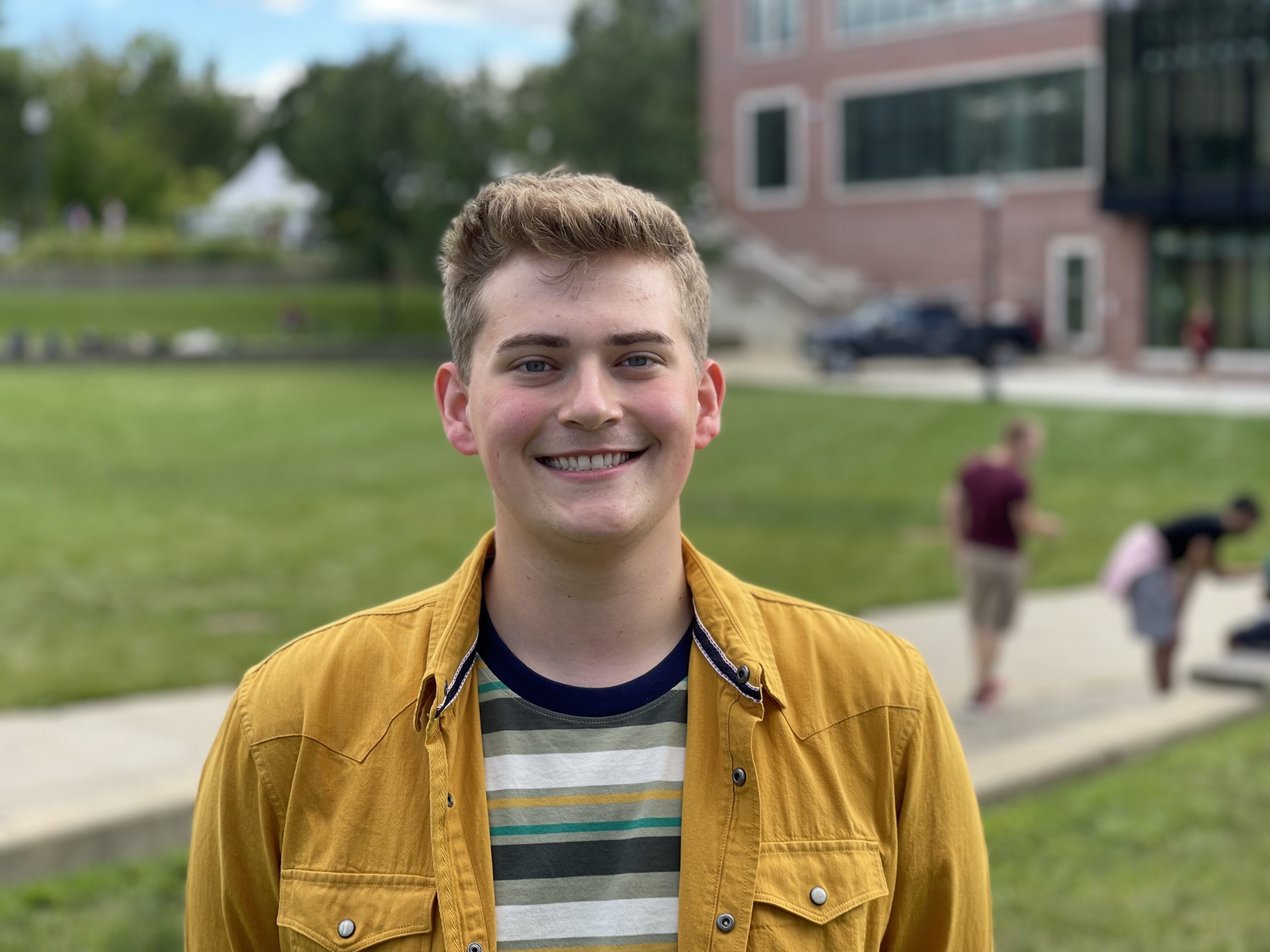 | Research interests: Phonology, Morphophonology, and Polynesian and North American languages | Year started: 2021 |
| Alessa Farinella afarinella@umass.edu | 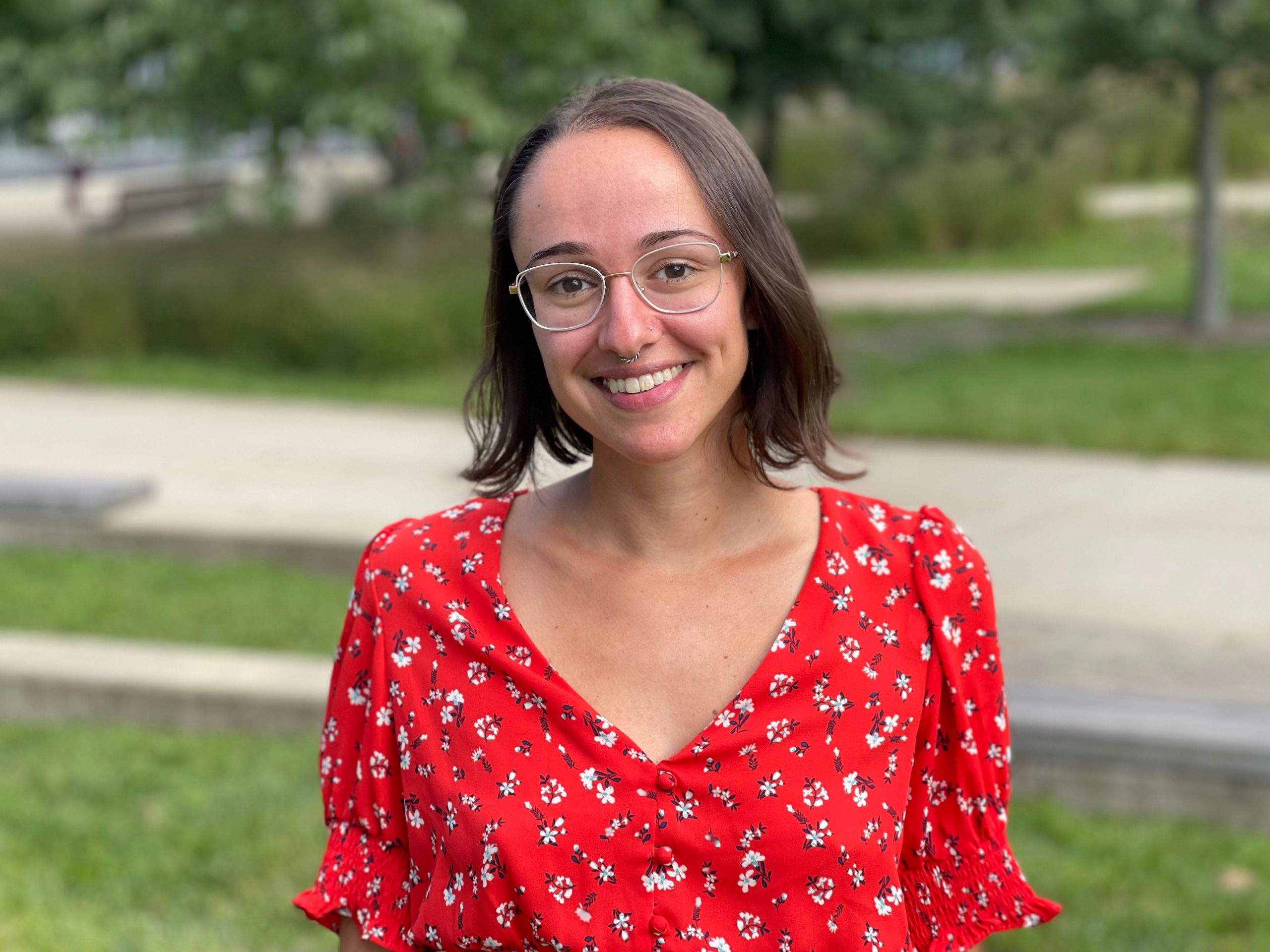 | Research interests: Prosody, language documentation, Indonesian & Javanese Prosody, language documentation, Indonesian & Javanese | Year started: 2020 |
| Duygu Goksu dgoksu@umass.edu | 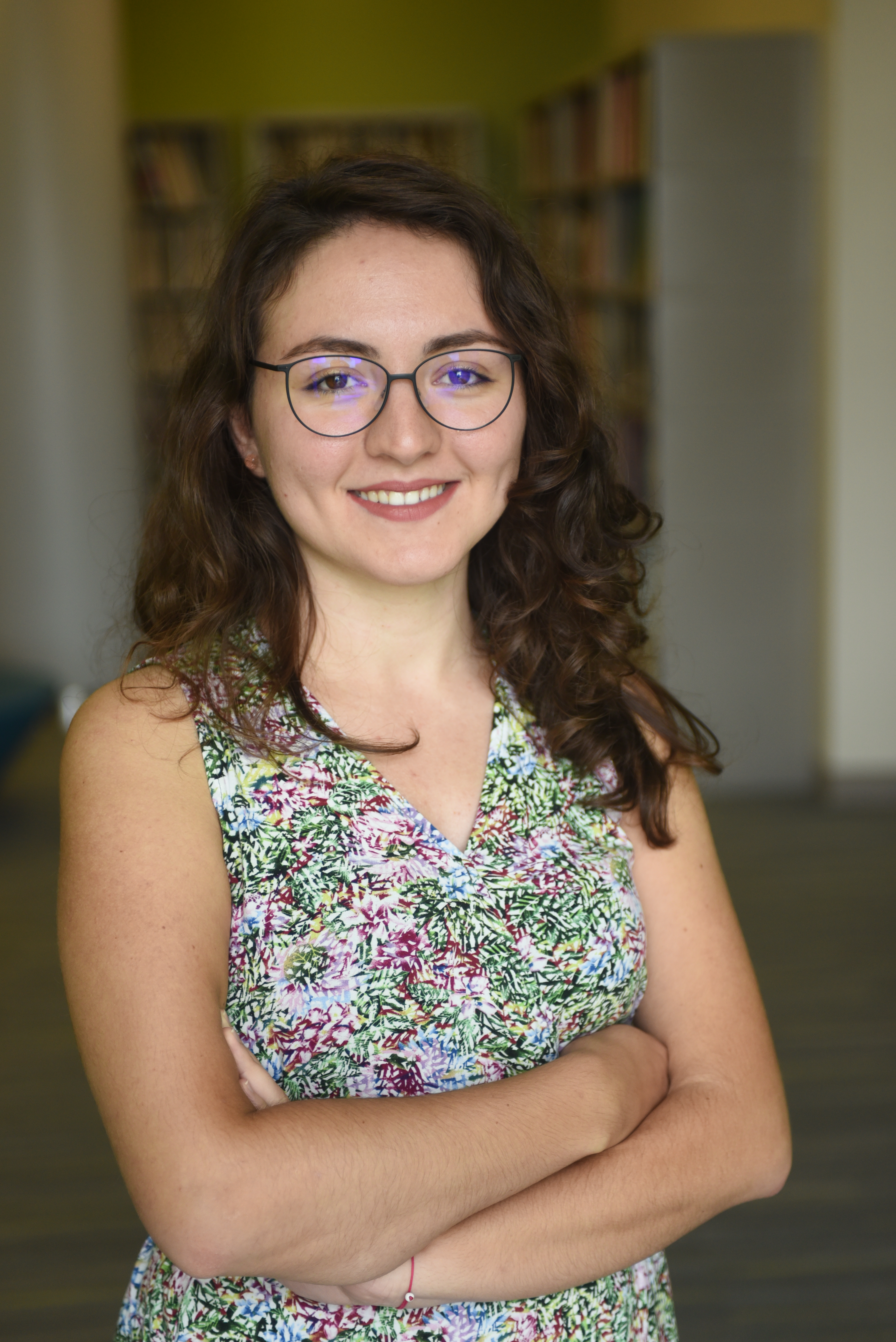 | Research interests: Syntax, semantics, phonology | Year started: 2018 |
| Kaden Holladay kholladay@umass.edu | 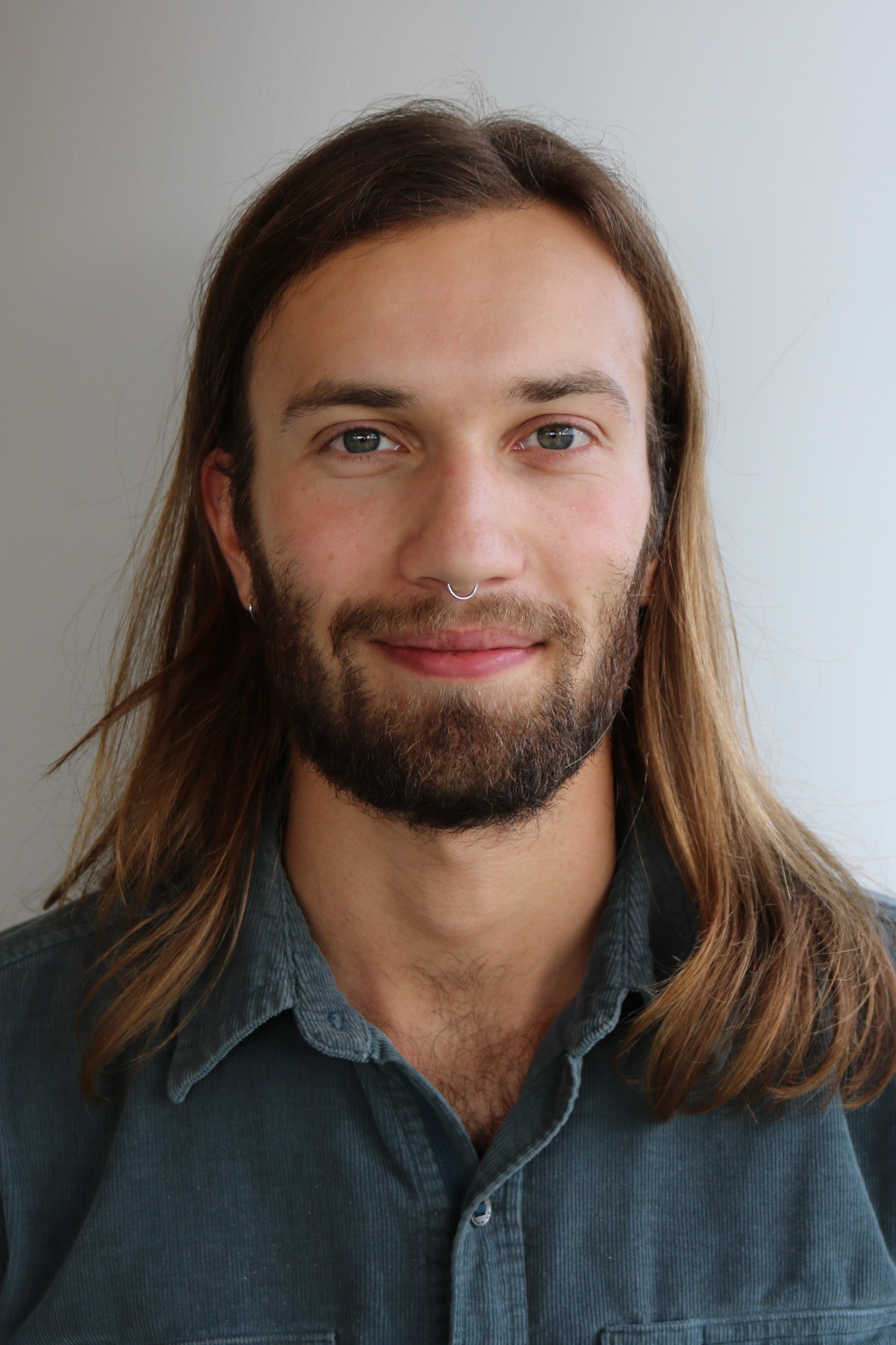 | Research interests: Morpho-phonology, syntax-semantics interface, Yup’ik, Finnish | Year started: 2017 |
| Cerys Hughes ceryshughes@umass.edu | 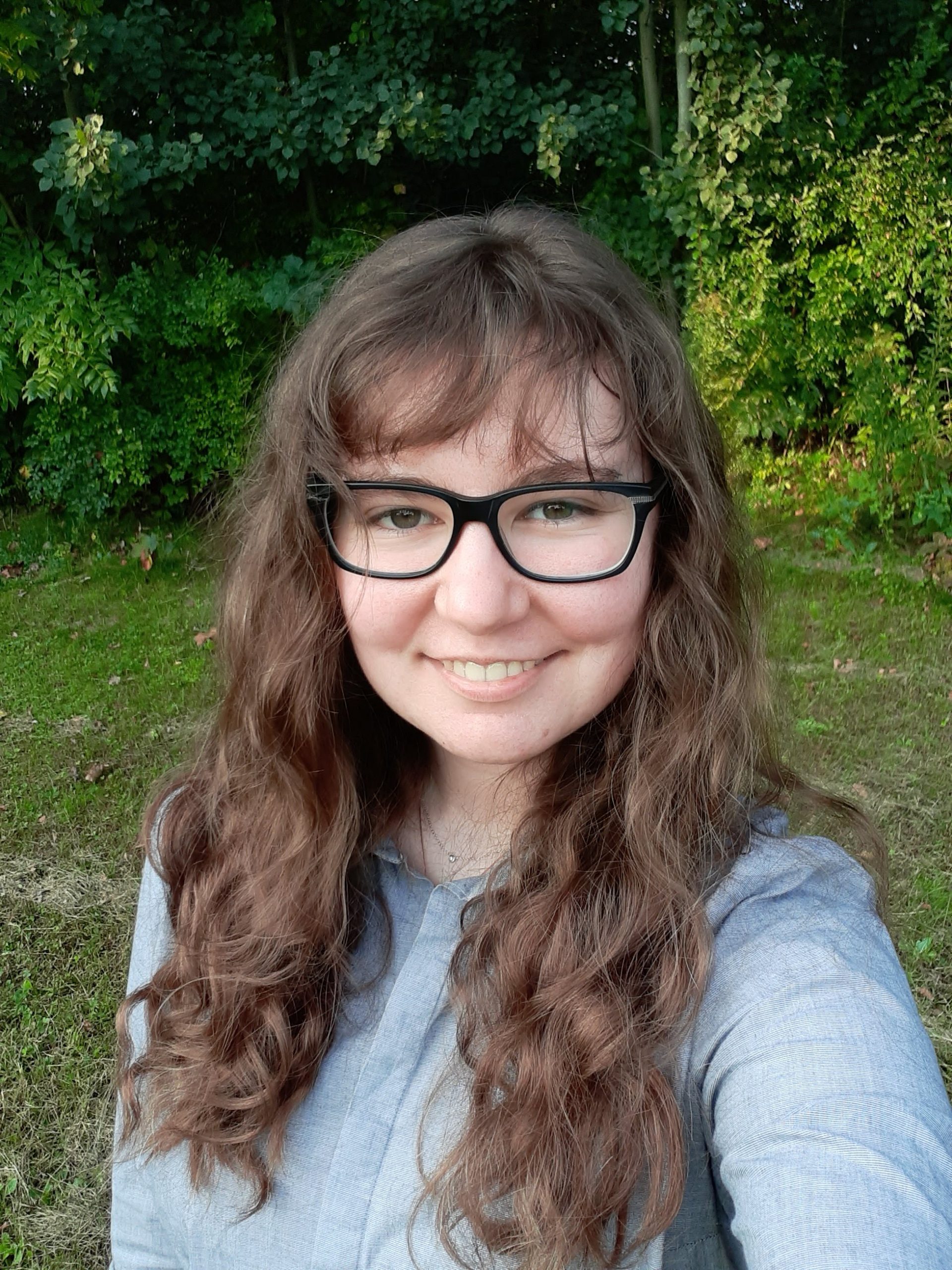 | Research interests: Computational Modeling, Phonology | Year started: 2020 |
| Seoyoung Kim seoyoungkimk@umass.edu | 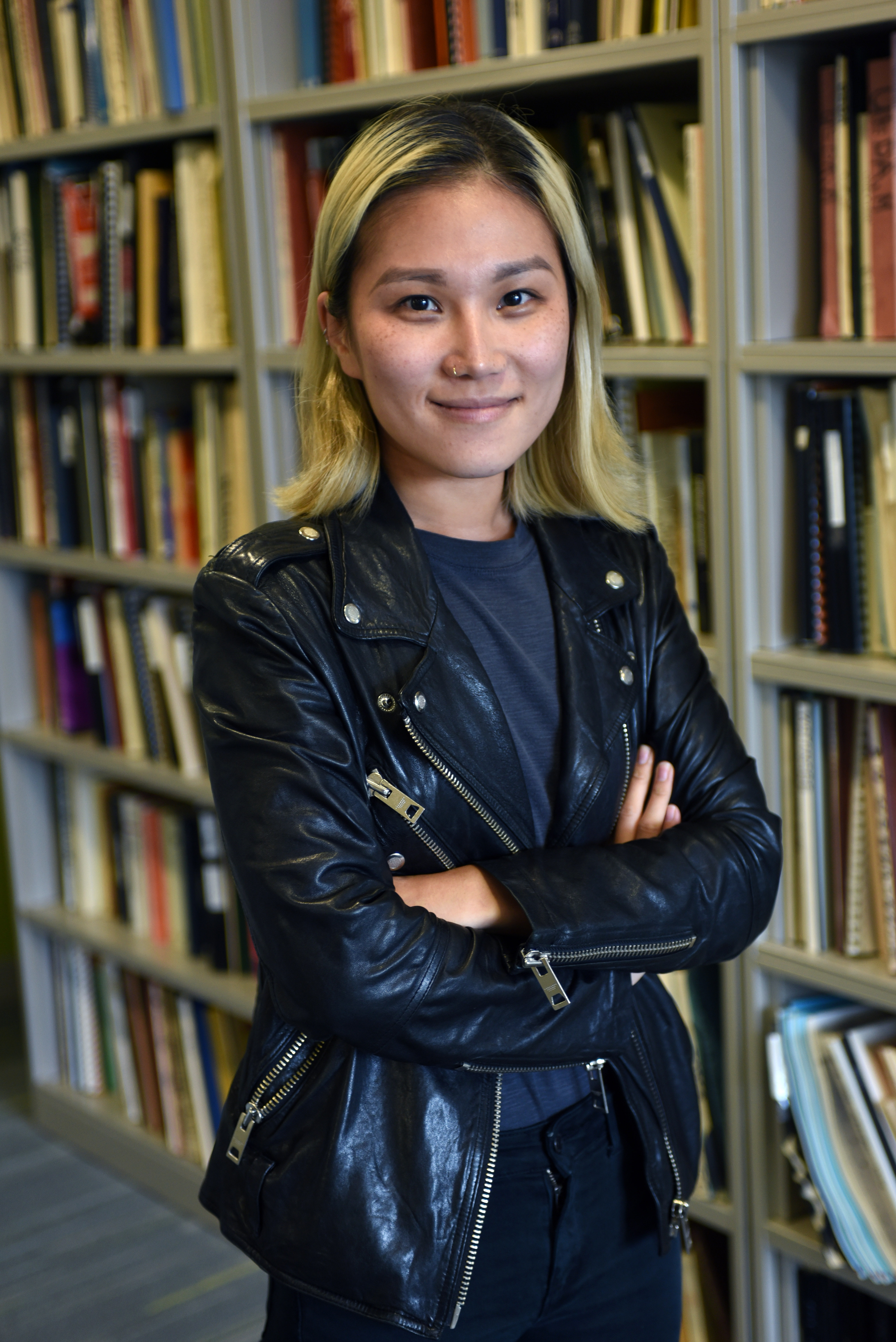 | Research interests: Computational phonology, Fieldwork | Year started: 2019 |
| Seung Suk (Josh) Lee seungsuklee@umass.edu | 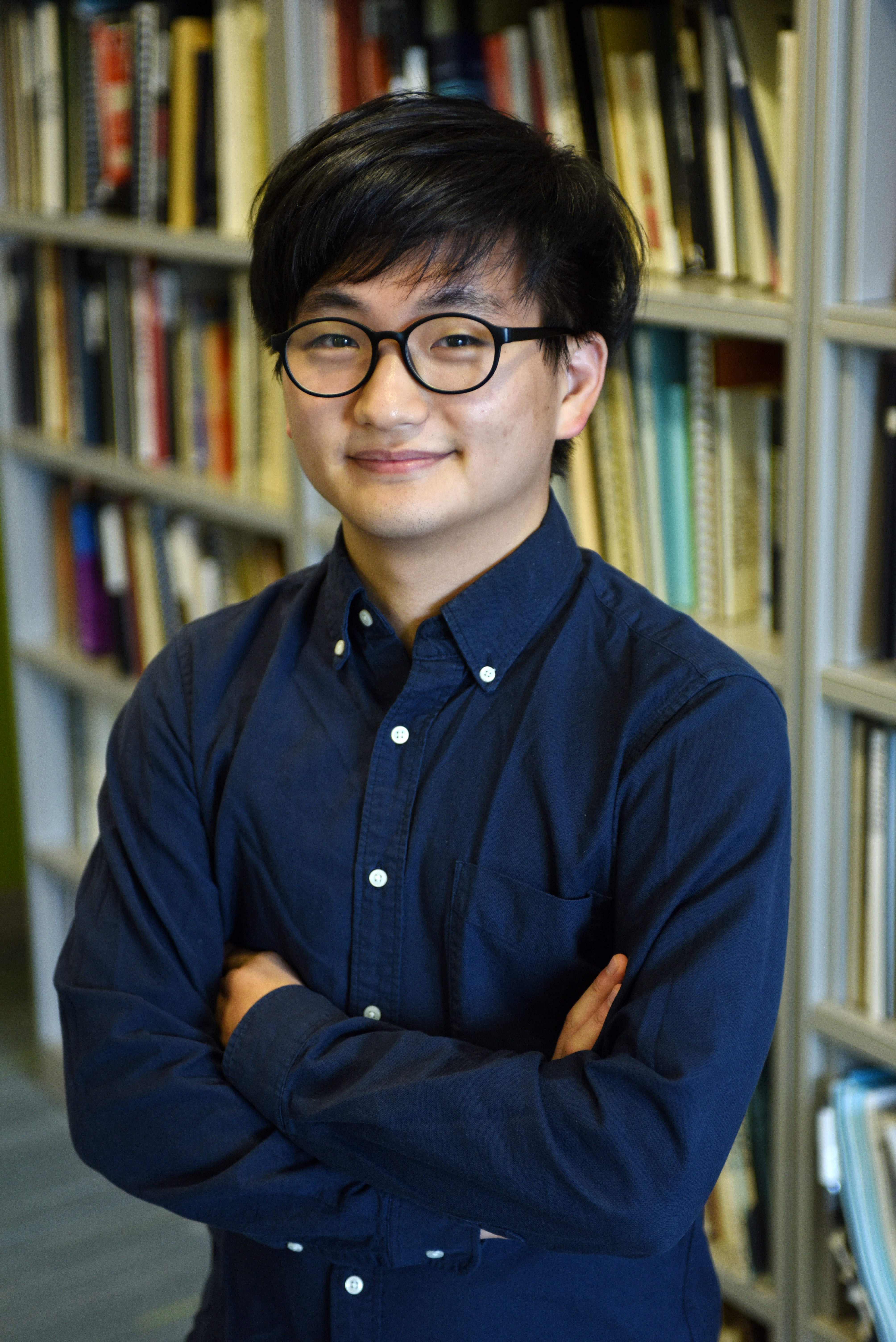 | Research interests: Phonetics, Phonology and Computational Linguistics | Year started: 2019 |
| Andrew Lamont alamont@linguist.umass.edu | 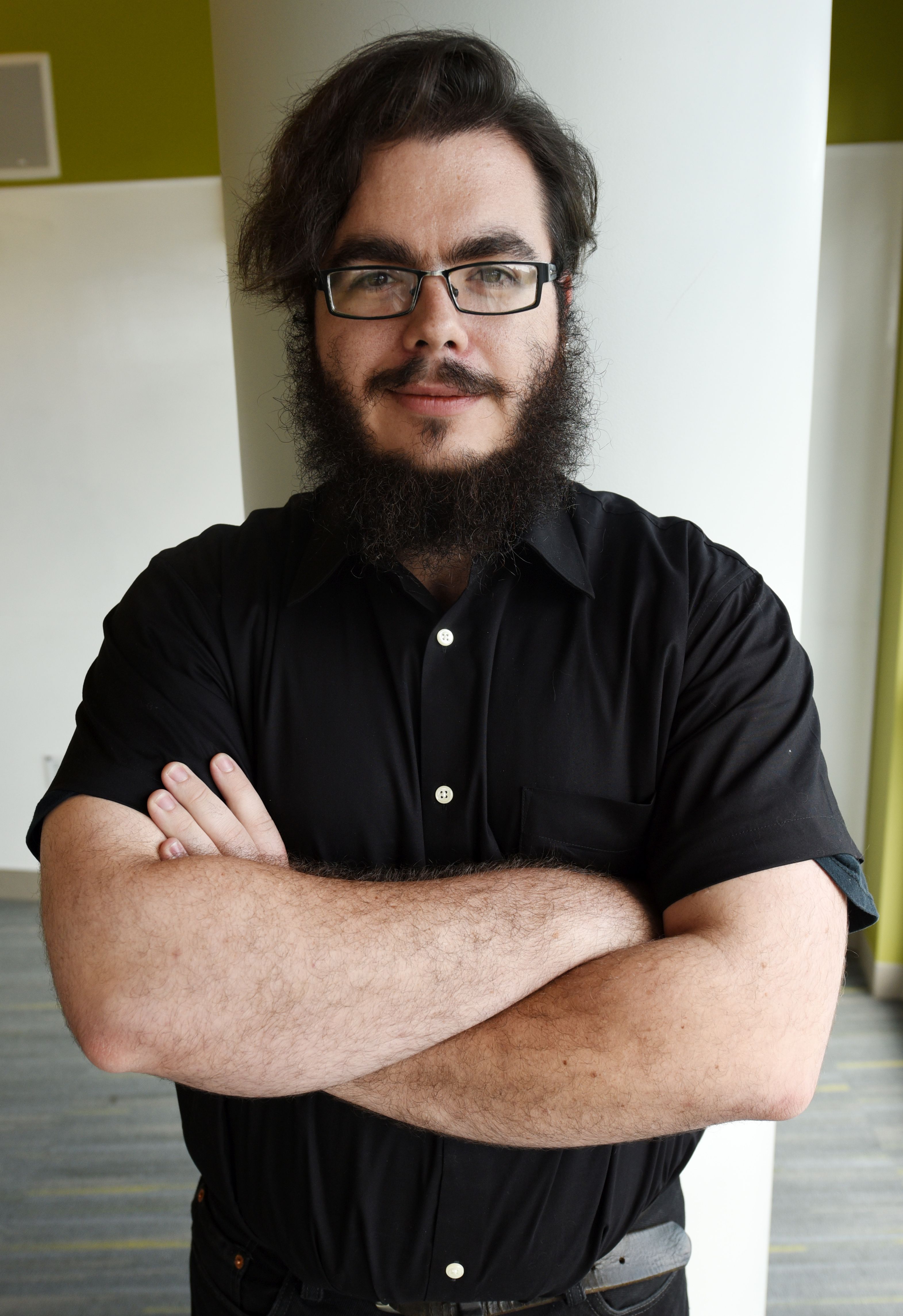 | Research interests: Phonology, typology, computational linguistics | Year started: 2016 |
| Max Nelson manelson@umass.edu |  | Research interests: Computational Linguistics, Phonology, Learnability | Year started: 2017 |
| Alex Nyman anyman@umass.edu | 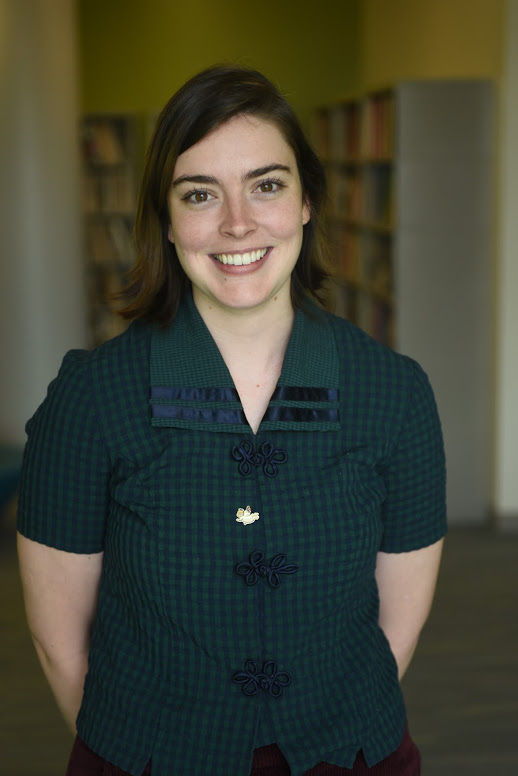 | Research interests: Phonetics and phonology, language acquisition, computational linguistics, and psycholinguistics | Year started: 2018 |
Recent dissertations
Brandon Prickett. 2021. Learning phonology with sequence-to-sequence neural networks.
Ivy Hauser. 2019. Effects of Phonological Contrast on Within-Category Phonetic Variation
Coral Hughto. 2019. Emergent typological effects of agent-based learning models in Maximum Entropy Grammar.
Leland Kusmer. 2019. Optimal Linearization: Prosodic displacement in Khoekhoegowab and Beyond.
Amanda Rysling. 2017. Preferential early attribution in segmental parsing.
Aleksei Nazarov. 2016. Extending Hidden Structure: Features, Opacity, and Exceptions.
Claire Moore-Cantwell. 2016. The representation of probabilistic phonological patterns: Neurological, behavioral, and computational evidence from the English stress system.
Presley Pizzo. 2015. Investigating Properties of Phonotactic Knowledge Through Web-Based Experimentation.
Brian Smith. 2015. Phonologically Conditioned Allomorphy and UR Constraints.
Robert Staubs. 2014. Computational Modeling of Learning Biases in Stress Typology.
Kathryn Ringler Pruitt. 2012. Stress in Harmonic Serialism.
Michael Key. 2012. Phonological And Phonetic Biases In Speech Perception.
Emily Elfner. 2012. Syntax-Prosody Interactions in Irish.
Karen Jesney. 2011. Cumulative Constraint Interaction In Phonological Acquisition And Typology.
Wendell Kimper. 2011. Competing Triggers: Transparency And Opacity In Vowel Harmony.